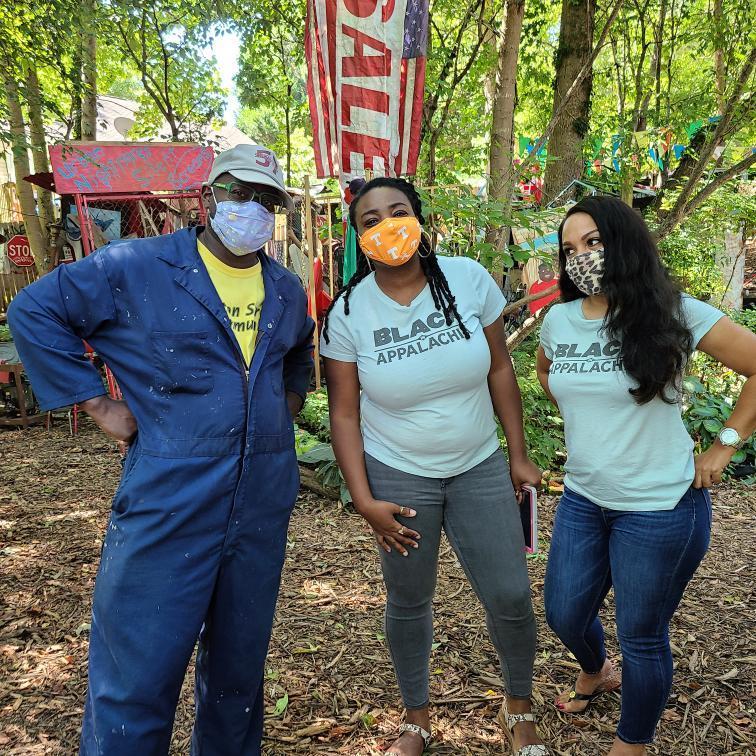With podcast, ‘Black in Appalachia’ series aims to reach new audiences

A new podcast is extending a Tennessee public TV station’s effort to challenge Appalachia’s image as white, rural and conservative.

Launched in 2012, East Tennessee PBS’ “Black in Appalachia” documentary series has highlighted the pivotal and often-overlooked role of Black Appalachians in the region’s culture and history. The biweekly Black in Appalachia podcast, which launched Aug. 8, adds a modern layer to the series’ analysis of the region.
The podcast’s first episode, “Emancipation Days,” mirrored the narratives from the documentary’s “8th of August” episode, which explored the history of the day on which Black Appalachians celebrate the emancipation of Black people from slavery. Hosts Enkeshi El-Amin and Angela Dennis discussed Juneteenth and the holiday’s re-centered role in U.S. culture amid the nationwide protests over police violence.
“We know that the general conception of Appalachia is that this place is rural, rugged and white,” said El-Amin, a sociologist.
“Black in Appalachia is creating that space for Black folks to be proud and empowered to claim their Appalachian identity,” said Dennis, an editor and journalist.
“A lot of the content that we have produced reaches, you know, the standard kind of PBS demographics, which skews older,” said William Isom II, director of the Black in Appalachia project and director of community outreach at the Knoxville station. “For the podcast specifically, we want to take some of these historical narratives and make them more relevant to the contemporary generation.”
So far, the podcast has helped Black in Appalachia team increase engagement with young Appalachians, particularly on Instagram. Posts about the podcast have drawn dozens of comments from younger users. Producing a podcast also allows Black in Appalachia’s producers to respond more quickly to current events.
The half-hour episodes mark East Tennessee PBS’ first foray into podcasting, an unusual step for a project that started as a TV show. Of the 20 podcasts that have worked with Project Catapult, the podcast training program offered by PRX, Black in Appalachia is the only one based at a public TV station.
The COVID pandemic spurred a bumpy transition to remote work for the Black in Appalachia team. The producers primarily work with the region’s older, high-risk residents who lived through segregation and the Jim Crow era. So they’ve had to work with old material for the documentary and have shifted more time and resources toward the podcast.
“We definitely have been able to be more nimble in that way,” Isom II said.
In the next few months, the podcast will focus on the region’s relationship with the Black Lives Matter movement, as well as Black Appalachian food, folklore and “Nazi hunters.”
The “Black in Appalachia” team has secured over $150,000 in funding over the past year. About half has come from CPB, with additional support from individual donors and local funds like the Appalachian Community Fund and the Tennessee Arts Commission.
Isom and his team consider the project and podcast to be a necessary community service. The director said he understands how vital such publicly funded projects are, especially in areas like Appalachia or the Pacific Northwest that people don’t connect to longstanding Black narratives.
“I think that all the work that we’re doing here, the need that we’re trying to fill here, is not unique to the Appalachian region,” Isom said. “In places where there may not seem to have ever been any kind of Black history or Black narratives available … I think if everybody just kind of looks a little bit and digs just a smidge, you know, to scratch a little bit … you’ll be able to find a similar need in your community.”





